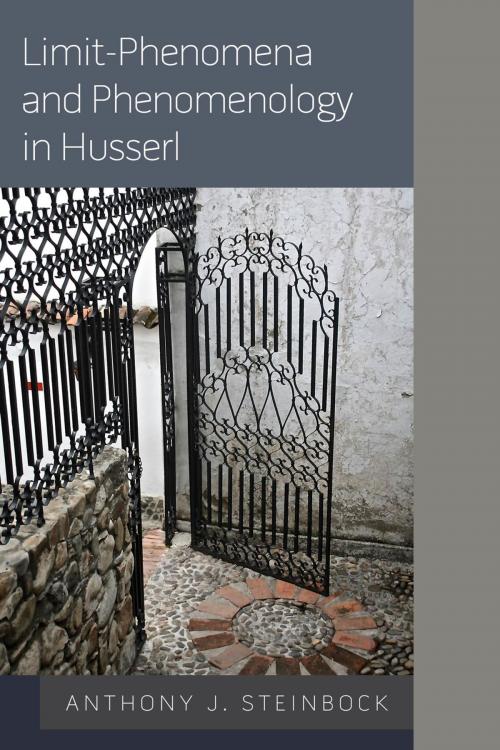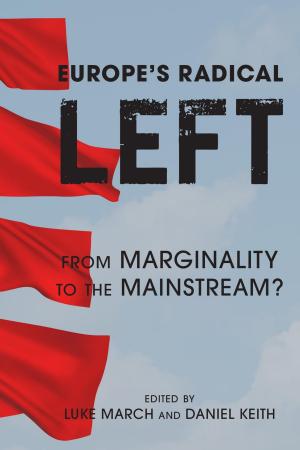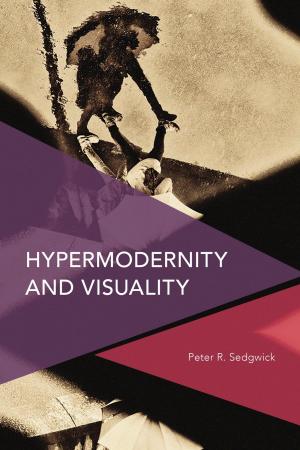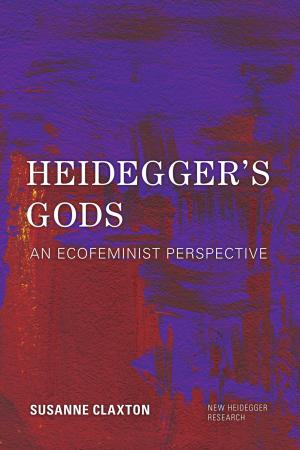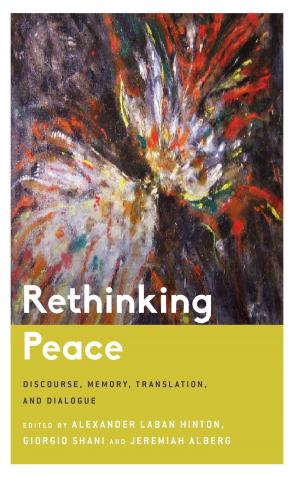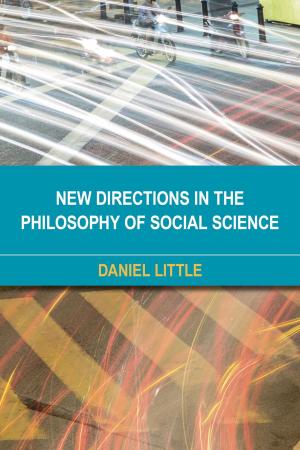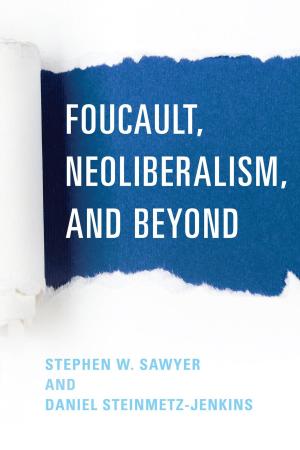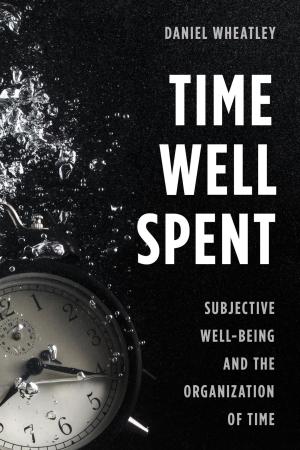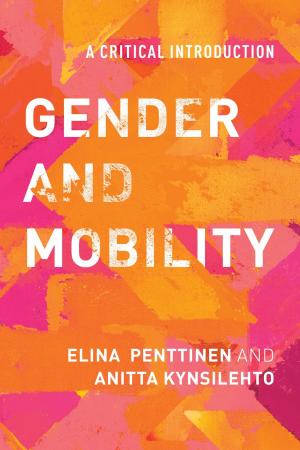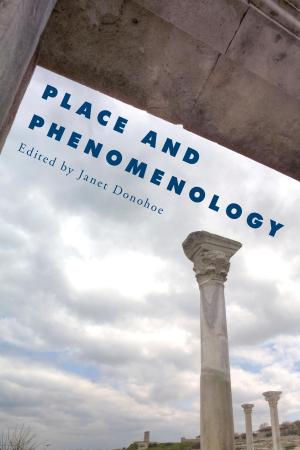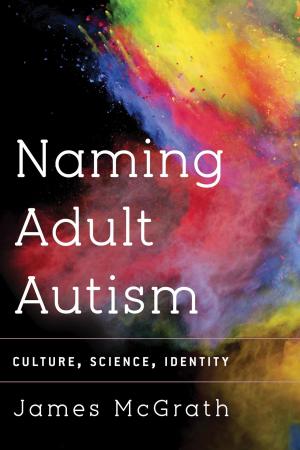Limit-Phenomena and Phenomenology in Husserl
Nonfiction, Religion & Spirituality, Philosophy, Phenomenology| Author: | Anthony J. Steinbock | ISBN: | 9781786605009 |
| Publisher: | Rowman & Littlefield International | Publication: | August 18, 2017 |
| Imprint: | Rowman & Littlefield International | Language: | English |
| Author: | Anthony J. Steinbock |
| ISBN: | 9781786605009 |
| Publisher: | Rowman & Littlefield International |
| Publication: | August 18, 2017 |
| Imprint: | Rowman & Littlefield International |
| Language: | English |
Recent discussions around limit-problems, namely the questions concerning what can appear in phenomenological reflection, as well as what phenomenology as philosophical reflection can handle, call for a concerted treatment of the problem of limit-phenomena. In this important new book, Anthony J. Steinbock, a leading voice in contemporary phenomenology, explores that question in the context of an interrelated series of problems in Husserl’s phenomenology. Representing a continued struggle with these insights and problems, the first section sketches out the problem of limit-phenomena, and addresses generally that rich estuary of liminal experience that commanded Husserl’s attention in his research manuscripts. The book goes on to offer a correlative reflection on the issue of method and finally explores a specific set of what have been called recently “limit-problems” within phenomenology, relating to the problem of individuation and on a more personal level, vocation. This rich and timely volume offers an excellent demonstration of phenomenology in practice.
Recent discussions around limit-problems, namely the questions concerning what can appear in phenomenological reflection, as well as what phenomenology as philosophical reflection can handle, call for a concerted treatment of the problem of limit-phenomena. In this important new book, Anthony J. Steinbock, a leading voice in contemporary phenomenology, explores that question in the context of an interrelated series of problems in Husserl’s phenomenology. Representing a continued struggle with these insights and problems, the first section sketches out the problem of limit-phenomena, and addresses generally that rich estuary of liminal experience that commanded Husserl’s attention in his research manuscripts. The book goes on to offer a correlative reflection on the issue of method and finally explores a specific set of what have been called recently “limit-problems” within phenomenology, relating to the problem of individuation and on a more personal level, vocation. This rich and timely volume offers an excellent demonstration of phenomenology in practice.
